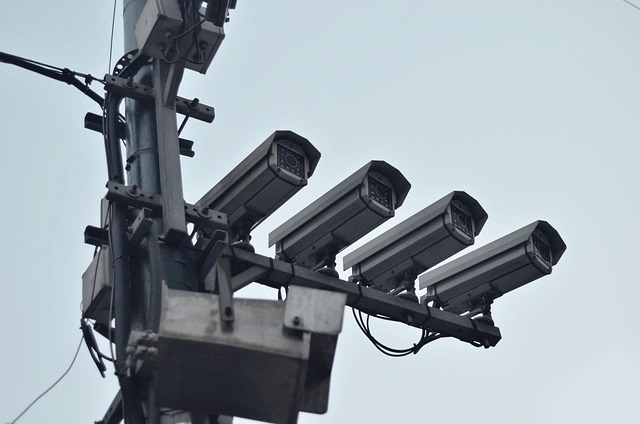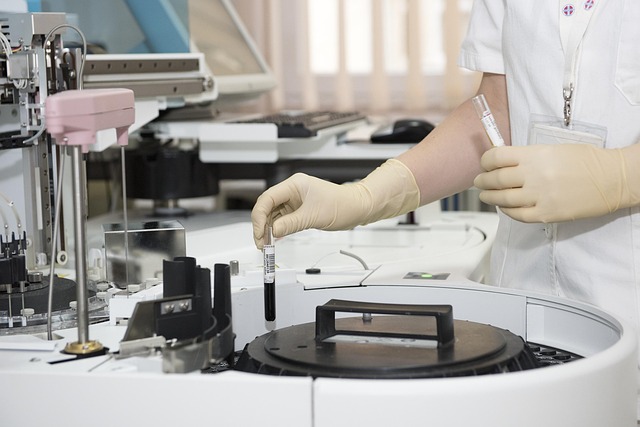In recent years, the integration of robotics in healthcare has significantly transformed the way medical professionals deliver care. The concept of robotization and supervision in robotics is fostering a new era where technology meets compassion, ultimately enhancing the quality of patient care. As innovations propel forward, healthcare providers are increasingly harnessing the power of robots to manage everything from simple tasks to complex surgeries, paving the way for an efficient, accurate, and patient-centered health system.
Imagine a scenario where a robot can assist healthcare providers by performing routine tasks such as taking vital signs or delivering medications across sprawling hospital campuses. This not only eases the burden on nurses and support staff, enabling them to focus more on direct patient interaction, but also significantly reduces human error. Robotization ensures constant monitoring of patient conditions in real time, allowing for quick interventions when necessary.
The advent of surgical robots is another remarkable innovation sweeping through the healthcare landscape. These robots perform intricate procedures with unparalleled precision, minimizing the risk of complications and accelerating recovery times. The role of supervision in this context is crucial; experienced surgeons oversee robotic operations, ensuring that the human touch is never lost in the process. This blend of cutting-edge technology and seasoned expertise fosters a synergistic relationship, allowing for safer surgeries and improved patient outcomes.
Beyond surgery, robotization extends to telemedicine and rehabilitation. Robotics in telehealth enables remote patient monitoring, allowing healthcare providers to surveil patients in real-time from the comfort of their homes. This has been especially vital during global health crises, where traditional healthcare delivery models faced unprecedented challenges. With the assistance of robotized systems, providers maintain a continuous connection with patients, ensuring adherence to treatment plans and reducing the risk of readmissions.
Moreover, during rehabilitation, robotic exoskeletons are becoming essential tools for patients recovering from injuries or surgeries. These advanced mobility devices help patients relearn movements and regain independence. The human aspect of supervision remains pivotal here, as healthcare professionals guide and motivate patients through their rehabilitation journey, nurturing a sense of hope and achievement.
While the benefits of robotization and supervision in robotics are profound, it also raises questions about the future of healthcare employment. As robots take over repetitive tasks, the demand for skilled healthcare professionals will undoubtedly shift. Rather than positioning robots as replacements, they should be viewed as allies in improving healthcare outcomes. This evolution calls for an emphasis on training and education, ensuring healthcare workers are equipped to work alongside technology efficiently.
Furthermore, the ethical implications of employing robotics in healthcare cannot be overlooked. As with any technological advancement, the integration of robots into patient care brings forth questions of privacy, data security, and the emotional implications of replacing human touch with machine intervention. Ongoing discussions about these topics are essential to develop guidelines that ensure the responsible use of robotics in healthcare.
As we stand on the brink of a healthcare revolution driven by robotization and supervision, it is crucial to embrace these innovations while prioritizing the human elements of care. By blending advanced technology with compassionate healthcare, we can create a system that not only improves efficiency but also enhances the overall patient experience. The future of healthcare is bright, and with ongoing collaboration between humans and robots, it promises to be more responsive, more innovative, and ultimately, more humane.




